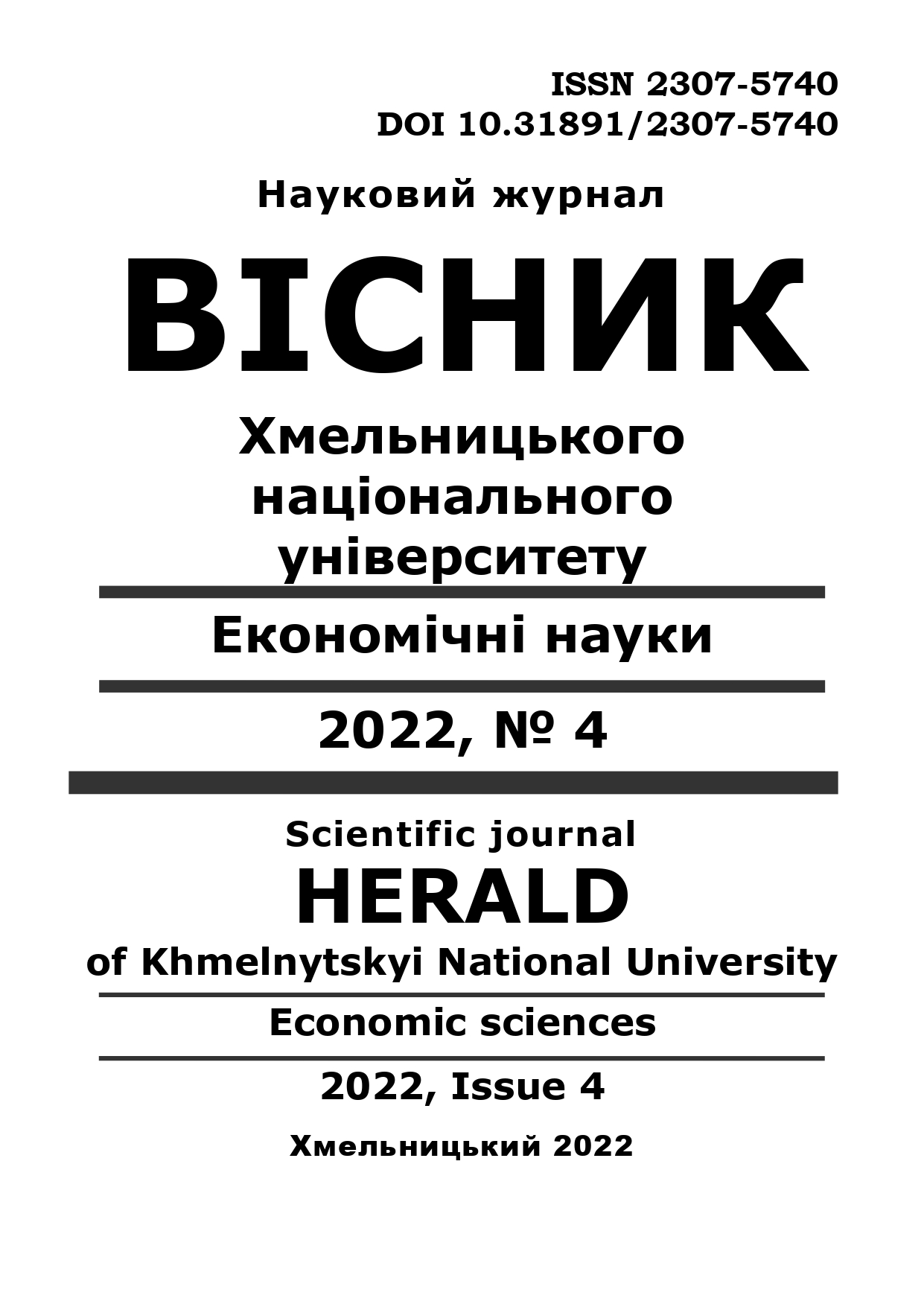ІДЕНТИФІКАЦІЯ РИЗИКІВ ДЕКАРБОНІЗАЦІЇ НАФТОГАЗОВОЇ ГАЛУЗІ
DOI:
https://doi.org/10.31891/2307-5740-2022-308-4-29Ключові слова:
нафтогазова галузь, декарбонізація, ризики, ризики декарбонізації, технологія уловлювання, використання та зберігання вуглецюАнотація
У статті проаналізовано глобальні викиди парникових газів нафтогазової галузі у ланцюгу створення вартості, чотири сценарії зменшення викидів вуглекислого газу, розроблені Міжнародним енергетичним агентством, прогнозні загальні середньорічні капітальні витрати на технології із низьким рівнем викидів парникових газів у рамках сценарію нульових викидів, заходи з декарбонізації, які можуть застосовуватись підприємствами нафтогазової галузі, обґрунтовано найбільш прийнятні заходи з декарбонізації для вітчизняних нафтогазових підприємств. На основі проведеного аналізу досліджено та ідентифіковано ризики декарбонізації нафтогазової галузі. Розроблено класифікацію ризиків впровадження заходів з декарбонізації (зокрема технології уловлювання, використання та зберігання вуглецю), які можуть застосовуватись підприємствами нафтогазової галузі. Розроблена класифікація може бути використана під час розробки проєктів з декарбонізації вертикально-інтегрованих нафтогазових компаній, зокрема у частині формування реєстру ризиків проєкту.



